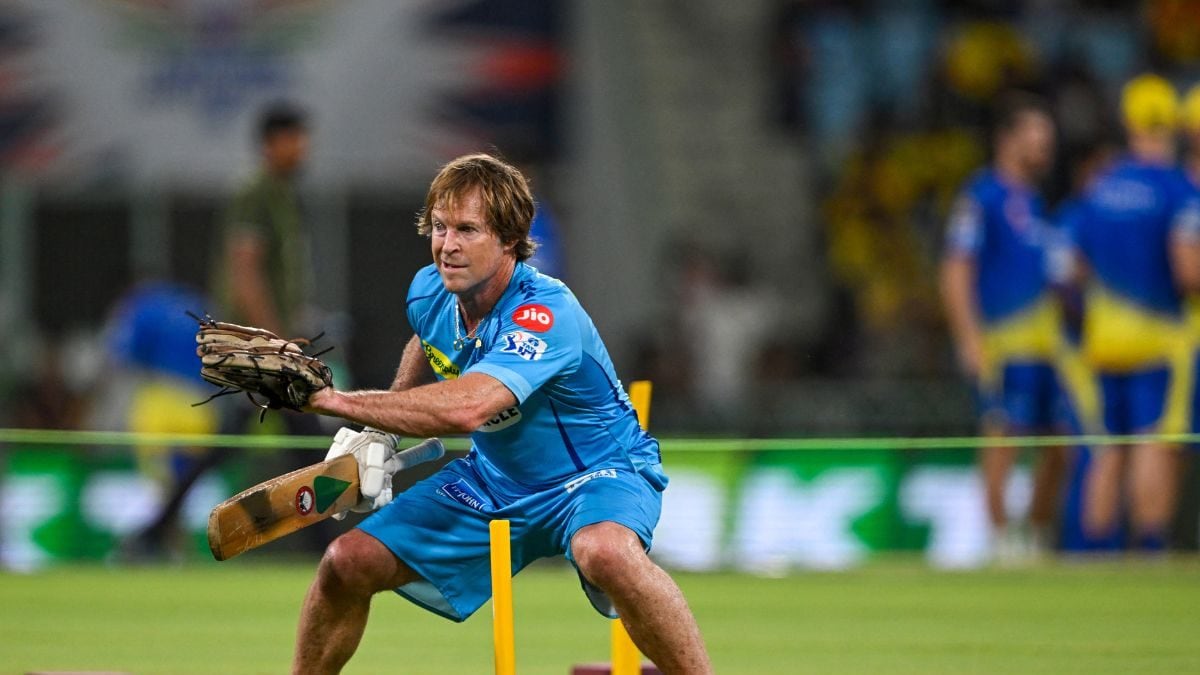The introduction of the Impact Player rule in IPL 2023 has sparked debate within the cricketing community, with varying opinions on its impact on the game. While some view it as a strategic advantage, others, like Lucknow Super Giants fielding coach Jonty Rhodes, believe it negatively affects the development and significance of allrounders.
Jonty Rhodes’ Concerns About the Impact Player Rule
Rhodes’ critique of the Impact Player rule stems from its perceived effect on the importance of allrounders. He argues that the ability to swap a player at any point in the game undermines the traditional role of an allrounder who contributes with both bat and ball throughout the match.
A Diminished Role for Allrounders?
Allrounders play a vital role in all formats of cricket, offering a balanced approach with both batting and bowling skills. However, the Impact Player rule potentially allows teams to specialize, opting for specific batting or bowling options depending on the situation rather than relying on allrounders who are versatile but may not be as dominant in either skill. This creates a risk of neglecting the development and appreciation of well-rounded players.
Impact on Test Cricket and Beyond
Rhodes’ concern extends beyond T20 cricket. He believes that the reliance on specialists fueled by the Impact Player rule could negatively impact the development of allrounders in longer formats like Test cricket, where versatility is crucial. While T20 is primarily about entertainment, the growth of a balanced team depends on nurturing talented players across all skills.
The Debate Over the Impact Player Rule
While Rhodes voices his concerns about the impact on the allrounder role, other figures within the cricketing community offer contrasting views.
Supporters of the Impact Player Rule
Some, like Ravichandran Ashwin, believe the rule adds a strategic dimension to the game, allowing teams to make tactical decisions based on game situations. This freedom of choice contributes to a dynamic and unpredictable environment.
A Potential for Strategic Masterclass
Supporters of the Impact Player rule argue that it introduces new layers of strategy, demanding creative decision-making from captains and coaches. Teams must strategize about player combinations based on the changing demands of the match, adding excitement and unpredictability.
RTM and Team Building in IPL Auctions
Beyond the Impact Player rule, the discussion extends to the Right to Match (RTM) rule, which allows teams to retain certain players by matching the highest bid for them during the auction. This rule also faces scrutiny for its impact on team culture and consistency.
Concerns about Team Building and Culture
Rhodes highlights the potential downsides of the RTM rule. He emphasizes the importance of building team culture through consistent partnerships and shared experiences. However, the ability to retain only a limited number of players through RTM can disrupt this process. Frequent changes to team composition, due to limited retention capabilities, can hinder team bonding and undermine a consistent team culture.
Balancing Team Dynamics with Competition
The debate around RTM raises concerns about striking a balance between competitive bidding in the auction and preserving the continuity of established teams. Teams aim to secure strong talent pools through auctions, but retaining key players promotes a consistent core group, crucial for achieving long-term success.
Take Away Points
- The Impact Player rule, while aimed at adding excitement, raises concerns about the diminishing importance of allrounders.
- Supporters of the rule emphasize its strategic advantage, promoting tactical decision-making during the game.
- The RTM rule, while allowing retention, could hinder team building and culture, as it limits the number of players a team can retain.
- Striking a balance between maintaining team core and allowing healthy competition is crucial for the long-term viability and competitiveness of IPL teams.




